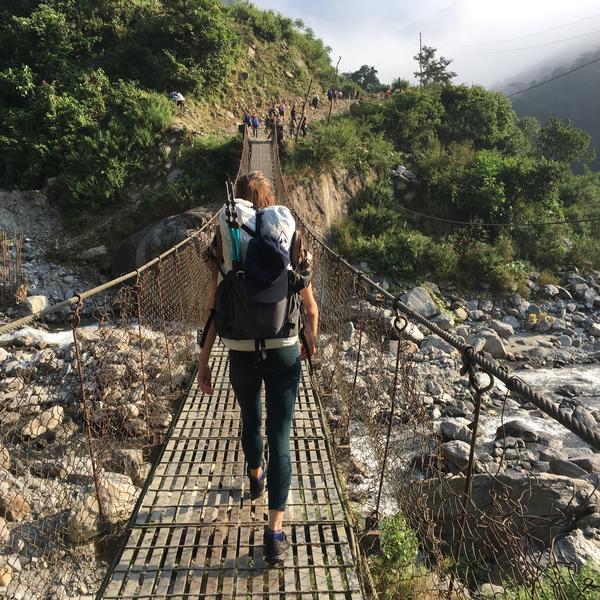5 Easy Steps For You to Carry a Lighter Load
It has never been easier to carry a lighter backpack, and, the good news is, with a little planning, you can carry a lighter backpack and be able to hike further or hike easier. While a lot of ultralight backpacking equipment has its origins in thru hiking long trails, you don't need to be a PCT hiker to enjoy the benefits of carrying less weight. A lighter pack weight means you can maximize your weekend adventure and not be too sore when you need to be back at work on Monday morning.
#1
Get a handle on the gear you own right now. Invest in an inexpensive scale, create a spreadsheet and start weighing your gear. With a spreadsheet, you can focus on the items that will make the most impact. This gear list will be your base weight, which means everything you bring except your consumables. It won't include water, but it will include what you carry your water in.
#2
Have a plan and stick to it. Want a 10 pound base weight? You'll need to stick to your plan to get there. When it's time to buy a new piece of gear, weight should be a top factor. Look for the lightest thing that will do the job you need it to do.
#3
The weights of the "Big Three" will have the most impact on your overall weight. Nothing else will weigh as much as your sleeping system, tent or backpack. Lightening those first can make a lot of sense, but there are things to keep in mind (see #4) You can get an ultralight traditional tent for under 4 pounds, or you can get a single wall tent that sets up with trekking poles for under 2 pounds. A 20 degree 950 fill down bag can weigh just under 2 pounds, or a 32 degree quilt can weigh 1 pound.
#4
The backpack. An ultralight backpack can weigh between 1 to 2 pounds, but keep in mind that an ultralight pack is meant to carry ultralight gear, and will not be as comfortable carrying above 30 pounds. If your trip is 10 days, even with a 10-12 pound base weight, your pack could weigh 35 pounds on day 1, but, as you eat your food, your pack will get about 2 pounds lighter each day. The length of your typical trips, and the gear you chose will dictate the volume of your pack. If you expect 10 day trips, you'll probably need a 60 liter pack. Only doing weekends? A 40 or 50 liter pack may work just fine, and be lighter and less expensive.
#5
Have fun! That may seem obvious, but being light isn't a contest. People backpack for different reasons. One person wants to bring camera gear. Having a lighter pack allows them to add camera gear and not be overloaded. I bring a 1 pound chair because I want to relax at the end of the day. With my choices on ultralight gear, I still have a sub 12 pound base weight.
Questions on gear and trimming down your pack weight? Reach out to Steve Korpi, our backpacking buyer here at Mountain Shop and a true trail gear junkie! Stop by and see us or send an email to answers@mountainshop.net addressed to Steve.

